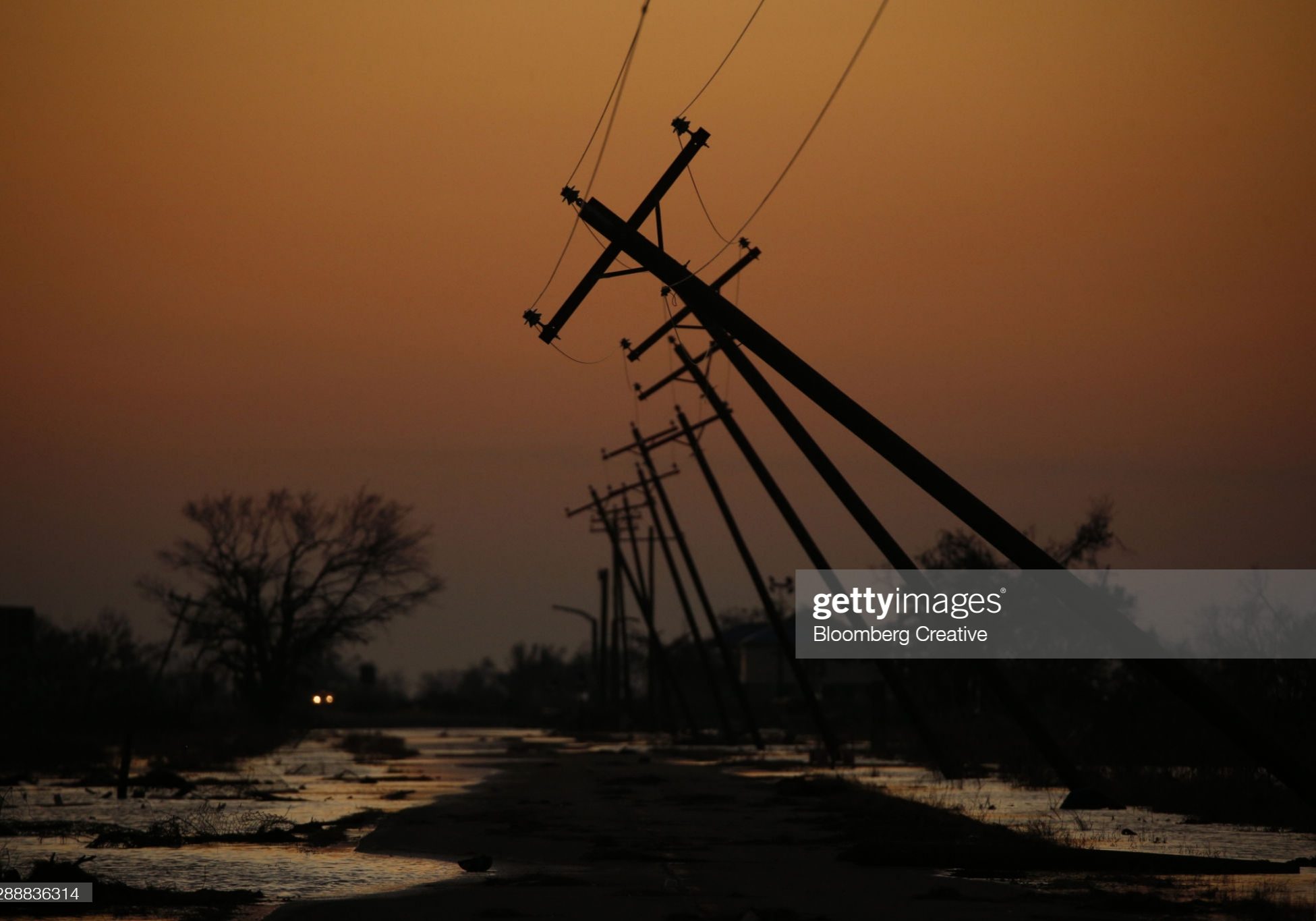our services
Orcamel
We are competently and aptly equipped
to provide advisory services in a variety
of perspectives and dimensions
regarding risks to business objectives of
our clients. Our enthusiasm for
supporting viability and sustainability
motivates us to provide our clients with
risk advisory that builds or reinforces
stability and profitability for them.

Environmental Risk

Business and developmental activities are changing the state of the natural environment, which produce negatives consequences on the environment as well as the society. Urbanization, infrastructure deployment, and natural resource exploration are some of the common activities with significant negative consequences on the environment. While many aspects of these may hardly be avoidable for their economic benefits, they must in some ways be controlled for the wellbeing of the environment—and for sustainability.
The company’s perspective of environmental risk concerns the possibility that business operations or developmental projects will adversely affect the environment. This is with a strong orientation for enabling our clients to be informed beforehand on how their endeavours could affect the environment and thus make timely risk-decisions. Orcamel manages its clients with utmost seriousness in this regard, as failure to appropriately manage environmental risks could lead to a range of legal, financial, and reputational consequences to the clients, which could heavily impact on their objectives.
Environmental risk assessment and environmental impact assessment are the key sub-specializations of our environmental risk services, involving forecasting problems to the environment and developing measures for dealing with the problems.
Our environmental risk assessment comprises systematic and coordinated efforts for analysing the possibilities of how an event, from a business or developmental activity, will happen, and when it happens, how it will adversely affect the environment.
This guides us on how to properly develop measures for avoiding or reducing the effects on the environment.
Orcamel’s methods for risk and impact assessments are sophisticated and multidisciplinary, and applicable to a variety of environmental situations and scales, and yet focused on the specific circumstances of the business of each client. Quantitative and qualitative techniques are the core bases through which we conduct our assessment. Quantitative assessment enables us to provide numerical measurements to explain potential environmental problems. Qualitative assessment enables us to in detail explain the potential problems, based on existing scientific findings, and professional knowledge and judgement. In these ways, risks and impacts are properly evaluated, and solutions are appropriately proffered—and our clients receive the rightful advisory.
The company’s focus on risks to the environment from business and developmental activities addresses the impacts on the natural habitat (i.e., soil, water, air, flora, and fauna) and the social welfare of the surrounding society. We always consider the risk relationship between effects on natural habitat and society, because of the implications of physical environmental problems on the lives and livelihoods of people. We take seriously the importance of stakeholder engagement in managing environmental risk. We not only engage individuals and groups who could be affected by the problems, but also government and non-governmental agencies, which are responsible for regulating or controlling the effects of commercial and public activities on the environment.
Our environmental risk advisory is always mindful of enabling our clients to be compliant with relevant environmental regulations, both at national and international levels.
Infrastructure Risk

Infrastructure are systems that are essential to functioning of society, economy, and commerce. They provide products and services that are vital to the welfare of people and management of institutions. These systems must be protected, as their failure or damage could result in substantially adverse consequences on the public, businesses, and the responsible developers or operators. There is a need to understand how the systems could be affected, as there are different kinds of actions or events, as well as their varying situations, which may damage or disrupt the systems. This to Orcamel is about the essentiality of assessing risks to infrastructure for effective management and protection of infrastructure.
Our perspective of infrastructure risk concerns the possibility that the deployment or operations of an infrastructure will be adversely affected by human actions or natural events. This is centered on risks to commercial and social viability of an infrastructure, particularly focused on energy, transport, telecommunications, and water systems, amongst other critical systems, in Nigeria.
Orcamel’s infrastructure risk advisory involves detailed and stretched deliberations on issues and circumstances pertaining to the variety of criminal, political, and environmental possibilities that pose problems to the deployment or operations of infrastructure systems. We delve into possibilities associated with the occurrences and consequences of risks to the systems.
Our approach is designed to be attentive to both human and natural threats, including exploring sources and causes of the threats, as well as areas of vulnerabilities of the systems for the threats to exploit—and the potential problems to the infrastructure-objectives of our clients. This guides on how we manage risks to infrastructure, involving reducing the possibilities that identified threats and vulnerabilities of an infrastructure will not inhibit its deployment or that the threats and vulnerabilities will not cause disruption or failure of its operations.
A distinctive component of our services is the engagement of stakeholders in infrastructure risk management—stakeholders are members of the public who could be affected by an infrastructure and who could affect the infrastructure. The stakeholders are engaged to discuss risks to infrastructure and how these may affect their wellbeing. The core aim of this exercise is to develop a stakeholder collaboration for employing practical measures for protecting infrastructure.
Overall, our clients benefit from the systematic procedures and steps for identifying, analysing, and reducing risks to infrastructure that we provide, which are appropriate for viability as well as for profitability of infrastructure.
Political Risk

Government institutions and the public are increasingly becoming attentive and interfere with the businesses of corporate organizations in Nigeria. This may rightfully be for ensuring that business operations or outputs are compliant with national requirements and aligned with public interests. The interference could arise from decisions of the government, for example, to change business policies or introduce new ones, or from actions of the public, for example, to stage riots against business operations or services. This can have adverse effects on the affected organizations, including project disruption, reduced profitability, reputational damage, and overall halt or shutdown of business.
Orcamel considers such interference on businesses as political risk, and as critical to corporations, because of the complexity of dealing with political impediments. In the perspective of our services, political risk is the possibility that a political decision or event will affect the operations or profitability of a corporation. Political happenings and situations, including public perceptions and reactions, concerning the operations or products and services of our clients are well examined and monitored by us. We are particularly interested in clients whose businesses have substantial bearings on national interests or on essential aspects of public lives.
Our assessment of political risk is systematic and strategic, as we measure the possibilities of the occurrences of political actions and the degree of their effects on the business objectives of our clients. We take account of the nature and dimensions of a political risk, including its sources, causes, and implications. The company’s strategy concentrates on the specific business characteristics of our respective clients, while delving into political possibilities, which pose risks to their investments. We employ a risk assessment approach that is guided by political risk factors and political forces, which influence the manifestation of the risk. These are analysed and monitored to appropriately advise our clients on which political issues to be concerned with.
Orcamel’s assessment of political risk is directed towards managing the risk. Managing political risk is about developing measures for controlling or reducing the outcome of potentially adverse decisions or actions of the government and the public on the operations and profitability of the businesses of our clients. We manage the risk faced by each client in a way that is most specific and applicable to the business concerns and capabilities of the client—inclusive of the kind of political obligations the investment is attached to. This is whether a client is set to initially invest in the country or already invested in the country.
The complexity of dealing with political risk compels Orcamel to closely and consistently work with its clients to ensure that the variety of political concerns are captured, and risk management measures are developed with inclusivity.
